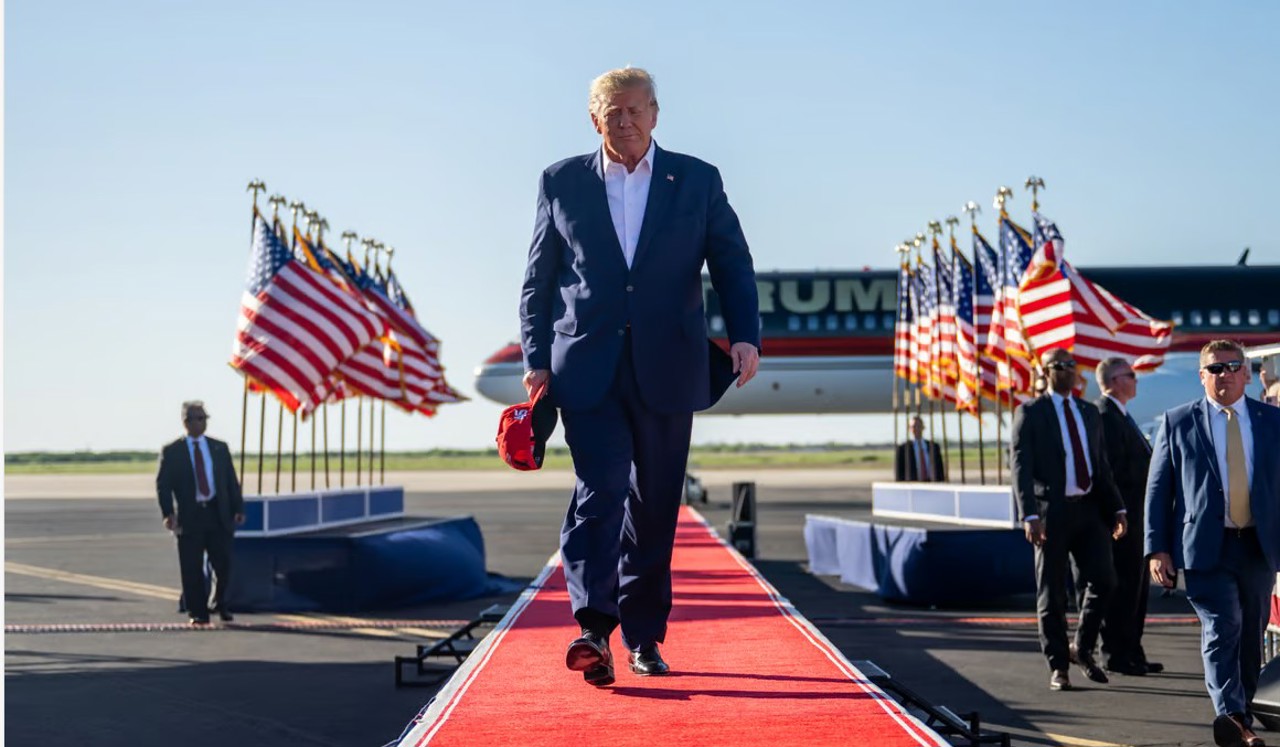Trump’s threats and Europe’s struggle for economic stability
The imminent return of Donald Trump has sent shockwaves through Europe, where people are already Trump’s threats and Europe’s struggle for economic stability with weak economies, ineffective leaders, and rising populism.
The pressing question is whether Trump 2.0 will galvanize Europe into implementing necessary reforms or hasten the continent’s decline. This campaign promise—and similar ones—has laid the groundwork for what Trump has referred to as a trade war. He has threatened to impose sweeping tariffs of up to 20% on European imports and other goods. Such measures would be grim news even for a strong and united Europe. In its current state—fragile, divided, and increasingly ill-equipped to compete—they could be devastating.
Under the sway of populist movements, many Europeans today overlook the progress achieved in dismantling borders and harmonizing regulations on food, consumer goods, and other everyday essentials.
In Europe, as in the United States, passports have become redundant, and workers move freely across borders. A single currency now unites the 20 countries of the Eurozone—something unimaginable three decades ago. Few Europeans lament the loss of the lira, franc, or peseta.
Yet, upon closer examination, Europe remains an atomized continent despite seven decades of striving for cohesion. It is a region starved of investment even as its major economies stagnate, and it remains a commercial zone hampered by regulations, while competitors thrive through innovation.
Across the Atlantic, Donald Trump is openly hostile to the very notion of Europe as a steadfast ally whose health and security are intertwined with the power and prestige of the United States. “Our allies actually treat us worse than our so-called enemies,” Trump remarked in September at a campaign event in Wisconsin. “In the military, we protect them, and then they mess with us on trade. We’re not going to let that happen anymore.”
In a rational world, Trump’s re-election would act as a wake-up call for Europe to embark on reform. Specifically, it should motivate Europeans to strengthen integration and remove obstacles to collective borrowing and private investment—bottlenecks that have left businesses starved of capital.
However, the Trump effect could go in either direction. Instead of fostering unity, his policies could deepen rifts within Europe as nations vie for favorable treatment from Washington. In a globalized economy dominated by corporate giants from the United States and China, such fragmentation undermines competitiveness. Yet, in Europe, major markets remain largely divided along national lines.
Private capital markets are similarly constrained. The combined market capitalization of Europe’s leading stock exchanges is smaller than that of Nasdaq, let alone the colossal New York Stock Exchange.
The transatlantic gap in high-tech innovation is another stark example. Europe lacks technological giants capable of competing with Apple, Microsoft, Meta, or Alphabet. As artificial intelligence spreads, the continent falls even further behind.
Effective leadership could provide a ray of hope that Europe might withstand the looming storm. But fragile and unstable, Europe currently faces an uneven struggle. If it fails to rise to the challenge posed by Trump’s return, the continent’s prospects are bleak.
Author: Dan Alexe
Translation by Iurie Tataru





